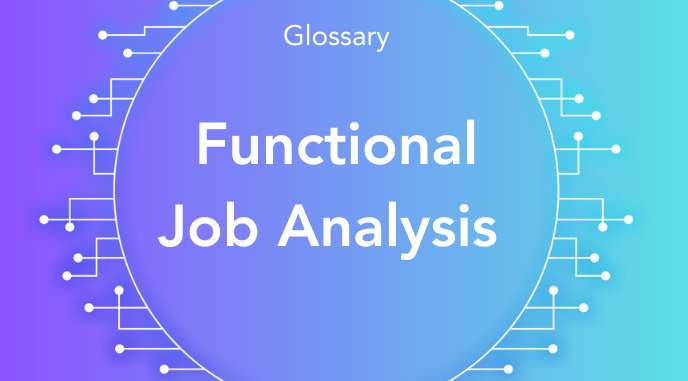- | Glossary
Functional Job Analysis (FJA) is a systematic method used to evaluate and describe the responsibilities, duties, and tasks associated with a specific job. It focuses on what workers do in terms of the functions they perform, considering the skills, knowledge, and abilities required to perform the job effectively.
The primary goal of FJA is to provide a clear and detailed description of a job, which helps in various HR activities such as recruitment, training, performance evaluation, and compensation management. It ensures that the job requirements are aligned with organizational goals and employee capabilities.
What are the Key Components of Functional Job Analysis
- Breaks down the job into specific tasks and duties that are performed.
- Assesses the level of performance required for each task, considering factors such as speed, accuracy, and complexity.
- Evaluates the cognitive, psychomotor, and physical abilities needed to perform the job tasks effectively.
- Examines the conditions under which the job is performed, including physical environment, social context, and tools or equipment used.
- Identifies the personal attributes and characteristics required for job performance, such as skills, knowledge, and abilities.
What are the Benefits of Functional Job Analysis
- Enhances job clarity and understanding among employees.
- Improves alignment between job roles and organizational goals.
- Facilitates better HR decision-making in areas like hiring, training, and performance management.
- Supports compliance with legal and regulatory standards related to job analysis and employee classification.
Things that FJA can help with:
-
Job description: FJA helps define clear, role-specific job descriptions based on functional analysis.
-
Hiring: It ensures the right candidates are hired by aligning job requirements with applicant capabilities.
-
Training: FJA identifies key skills needed, enabling targeted employee training programs.
-
Selection criteria: It establishes objective criteria for selecting candidates based on job functions.
-
Job performance: FJA provides benchmarks to assess and improve employee performance.
-
Moving employees: It aids in evaluating employee skills for potential internal transfers.
-
Returning injured employees: FJA helps assess job compatibility and necessary accommodations for injured employees returning to work.

.png?width=50&height=50&name=Team%20HONO%20logo-01%20(1).png)



